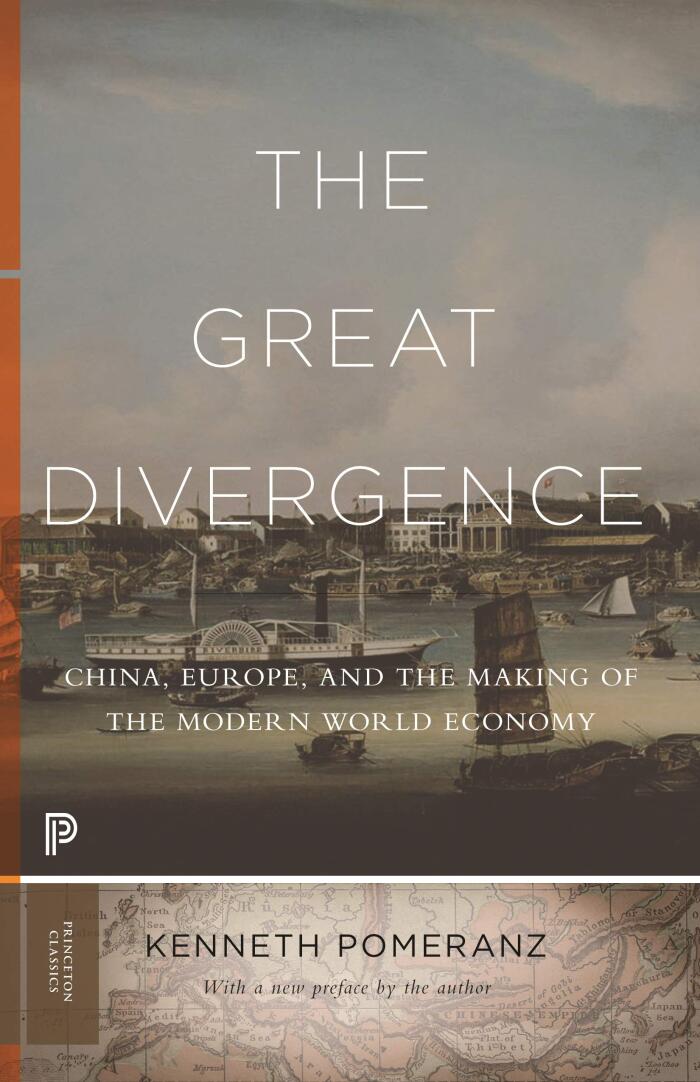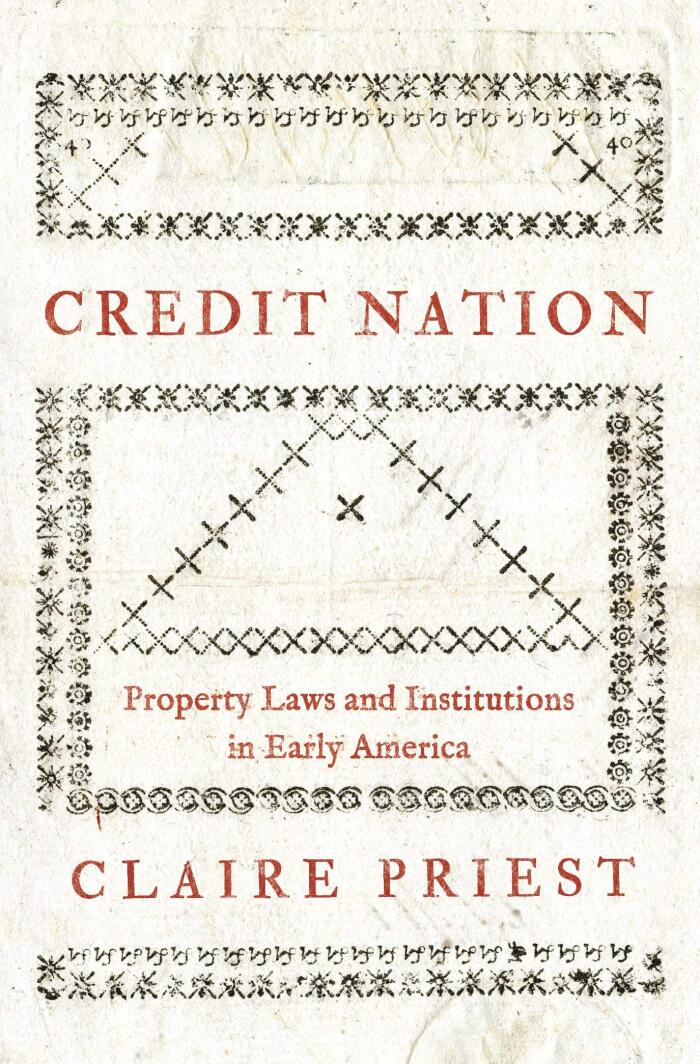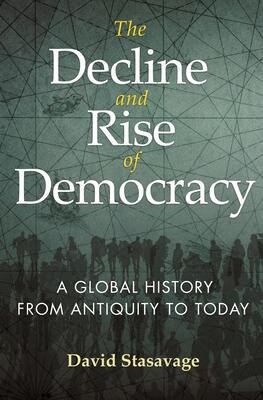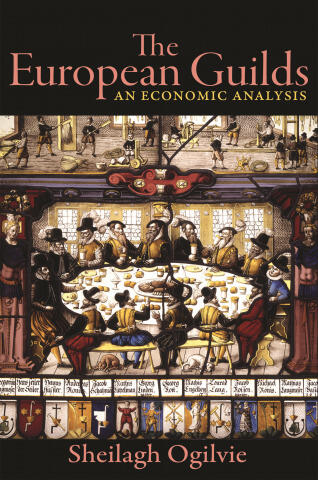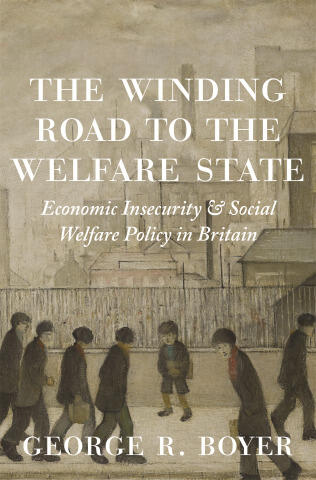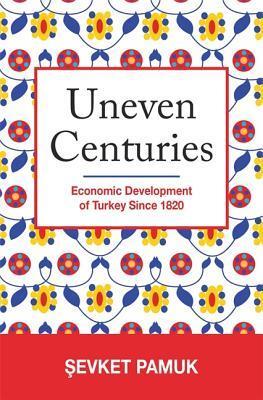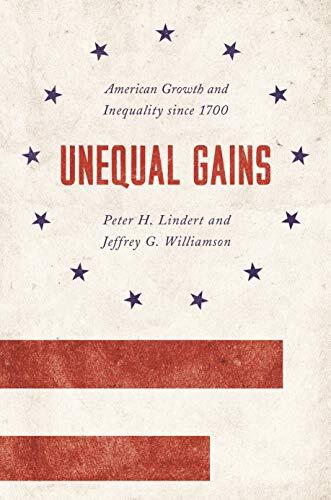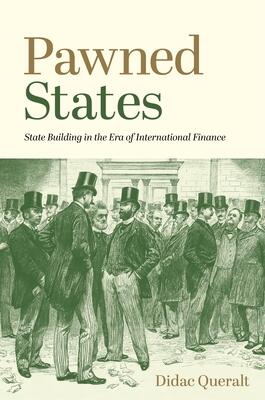
Pawned States: State Building in the Era of International Finance
No ratings yet
History
Business & Economics
Format
Hardcover
Pages
368
Language
English
Published
Aug 9, 2022
Publisher
Princeton University Press
ISBN-10
0691231427
ISBN-13
9780691231426
Description
In the intricate tapestry of global finance, Didac Queralt unveils the precarious balance between international lending and the sovereignty of emerging nations. Through a historical lens, he explores how the influx of foreign loans during the nineteenth century served as a double-edged sword, promising growth and development while undermining the political stability of recipient states.
Queralt meticulously chronicles the journeys of various nations that found themselves ensnared in webs of debt, examining the social and economic ramifications of such dependencies. Each case study highlights the fragility of state power when subjected to the whims of foreign creditors, revealing how financial obligations can redefine national policies and priorities.
Beyond mere historical accounts, the narrative prompts readers to consider the contemporary implications of international finance on developing economies. The author raises important questions about the sustainability of seeking external capital for growth, shedding light on the underlying risks that continue to affect nations today.
Through this exploration, Queralt not only contributes to the dialogue on state building but also emphasizes the need for a reevaluation of how emerging nations engage with global financial systems. His work serves as both an academic inquiry and a cautionary tale, reminding readers of the intricate relationship between finance and sovereignty in the modern world.
Queralt meticulously chronicles the journeys of various nations that found themselves ensnared in webs of debt, examining the social and economic ramifications of such dependencies. Each case study highlights the fragility of state power when subjected to the whims of foreign creditors, revealing how financial obligations can redefine national policies and priorities.
Beyond mere historical accounts, the narrative prompts readers to consider the contemporary implications of international finance on developing economies. The author raises important questions about the sustainability of seeking external capital for growth, shedding light on the underlying risks that continue to affect nations today.
Through this exploration, Queralt not only contributes to the dialogue on state building but also emphasizes the need for a reevaluation of how emerging nations engage with global financial systems. His work serves as both an academic inquiry and a cautionary tale, reminding readers of the intricate relationship between finance and sovereignty in the modern world.
Reviews
Reading Log
No reading logs found
Start tracking your reading progress to see logs here
Add Your First Reading LogNotes
Transaction Log
No transaction logs found
Start tracking your book transactions to see logs here
Add Your First Transaction Log





